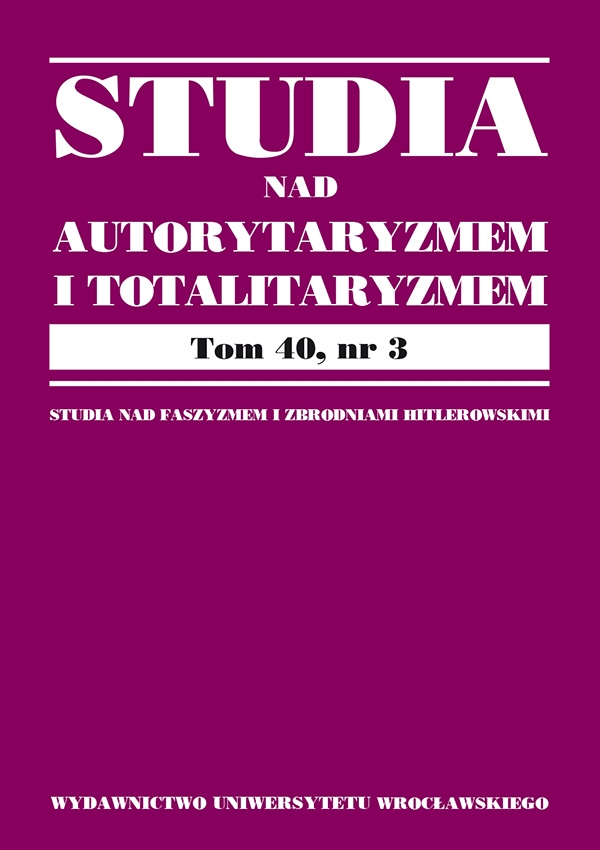

Artykuły

REMEMBRANCE AND EDUCATION ABOUT THE HOLOCAUST AND GULAG CRIMES IN SELECTED MUSEUMS AND MEMORIAL SITES IN THE CONTEXT OF LEARNING FROM THE PAST AND HUMAN RIGHTS EDUCATION
Diff erent historical narratives and collective memories linked to the constructions of national identity still divide Western and Central-Eastern Europe. The framework of Human Rights Education addressing universality and interdependence of Human Rights may have a potential to overcome divisions connected with national approaches to history. They may connect young people to “negative” memory and shameful, hidden, distorted historical narratives of the past of their own countries. The attitude of European societies towards the Holocaust is one of the themes still not included in many curricula. The history of the Holocaust and Soviet crimes in many countries still waits for contextual approaches. Museums and memorial sites in this context are carriers of memory of wars, genocides, slavery, totalitarian regimes, crimes against humanity, mass atrocities and memories of their victims. They are also signifi cant agents of historical socialisation. History education at memorial sites is a form of historical education based not on teaching about but rather on learning through the past. The text deals with empirical studies focused on education at museums and memorial sites and will explore issues related to education about the Holocaust and Gulag in selected case studies.